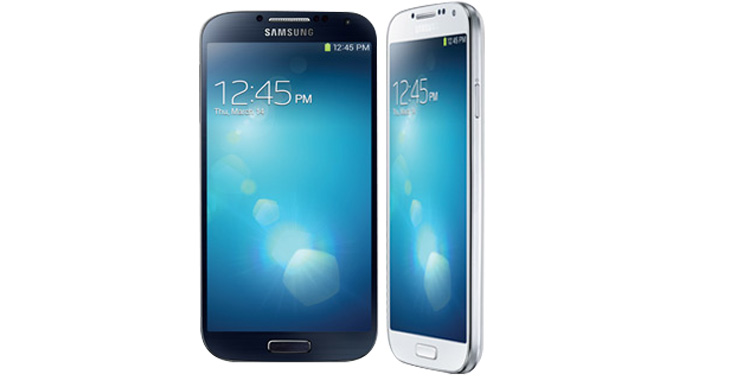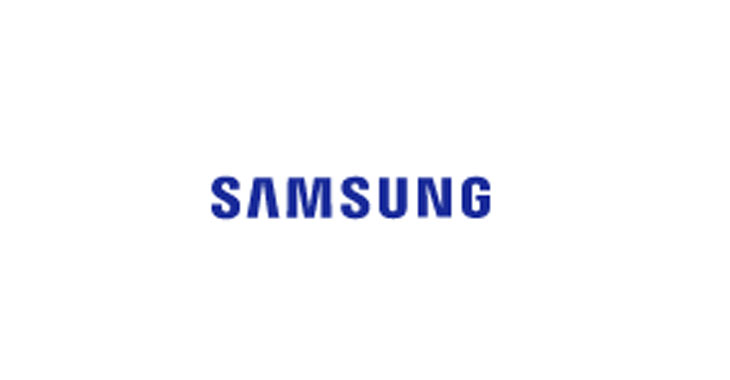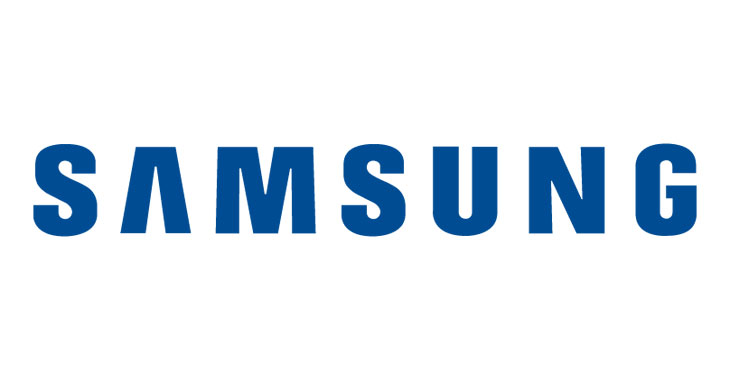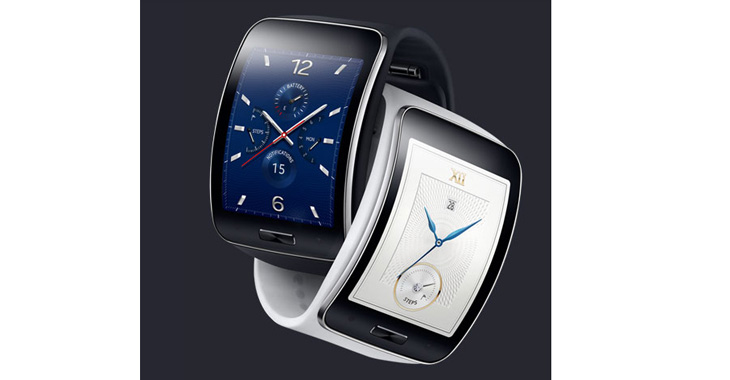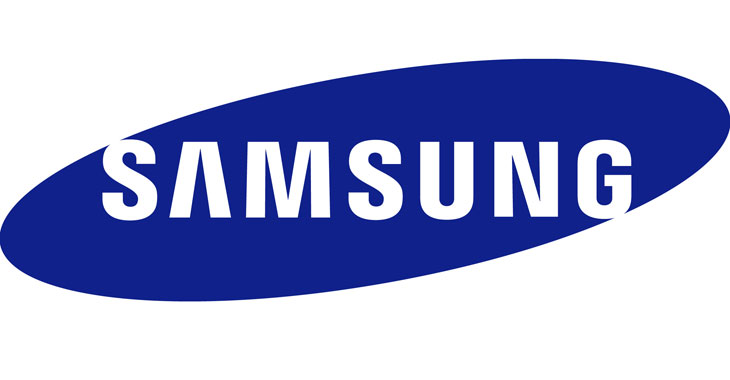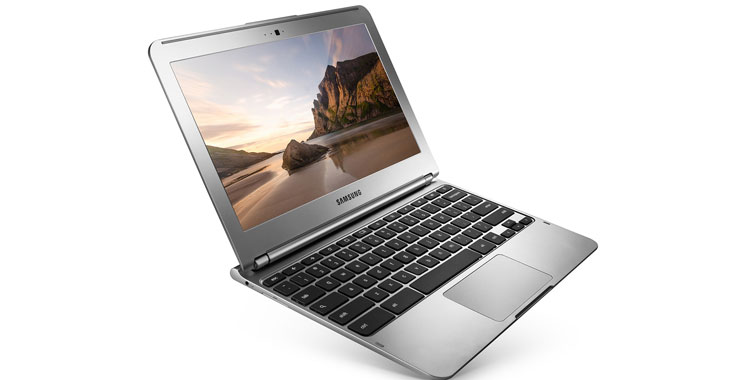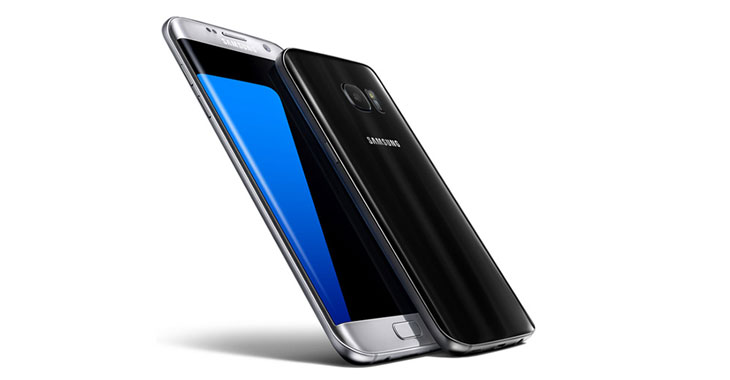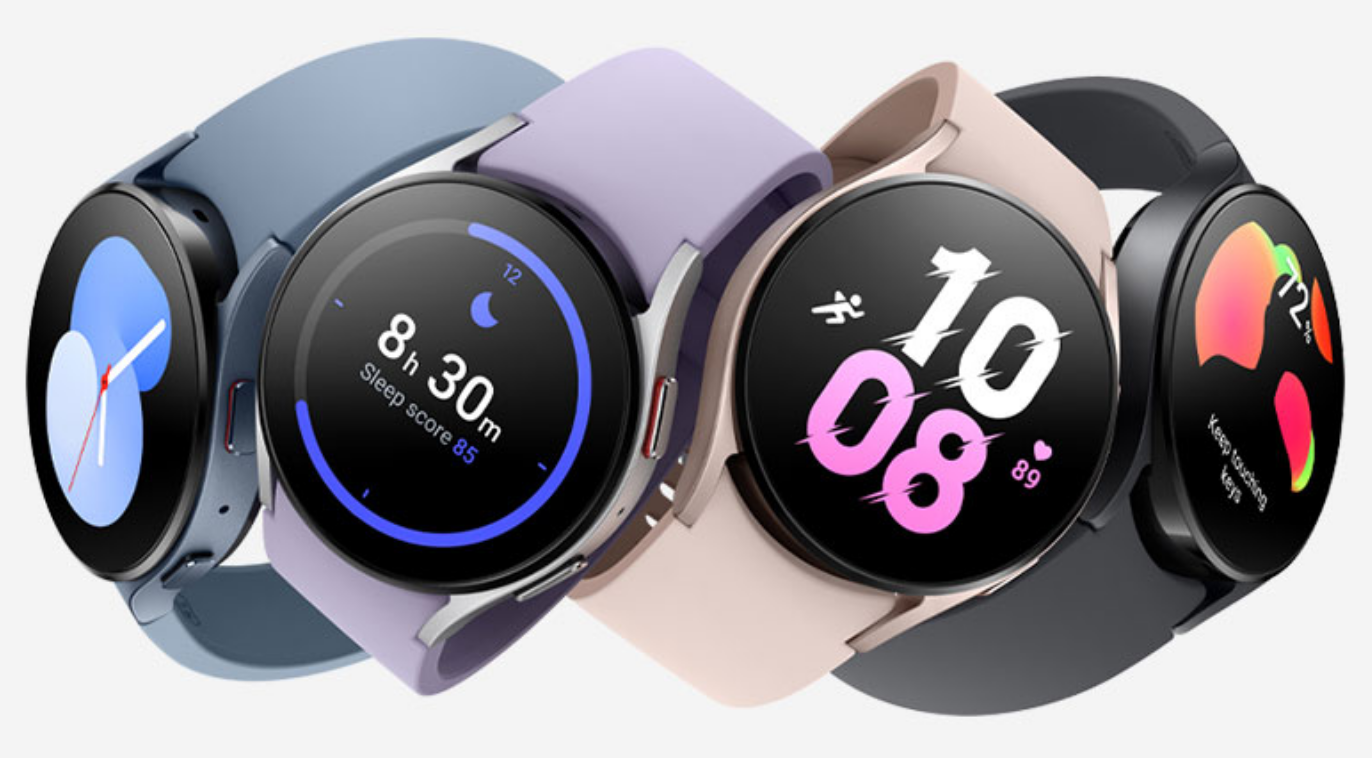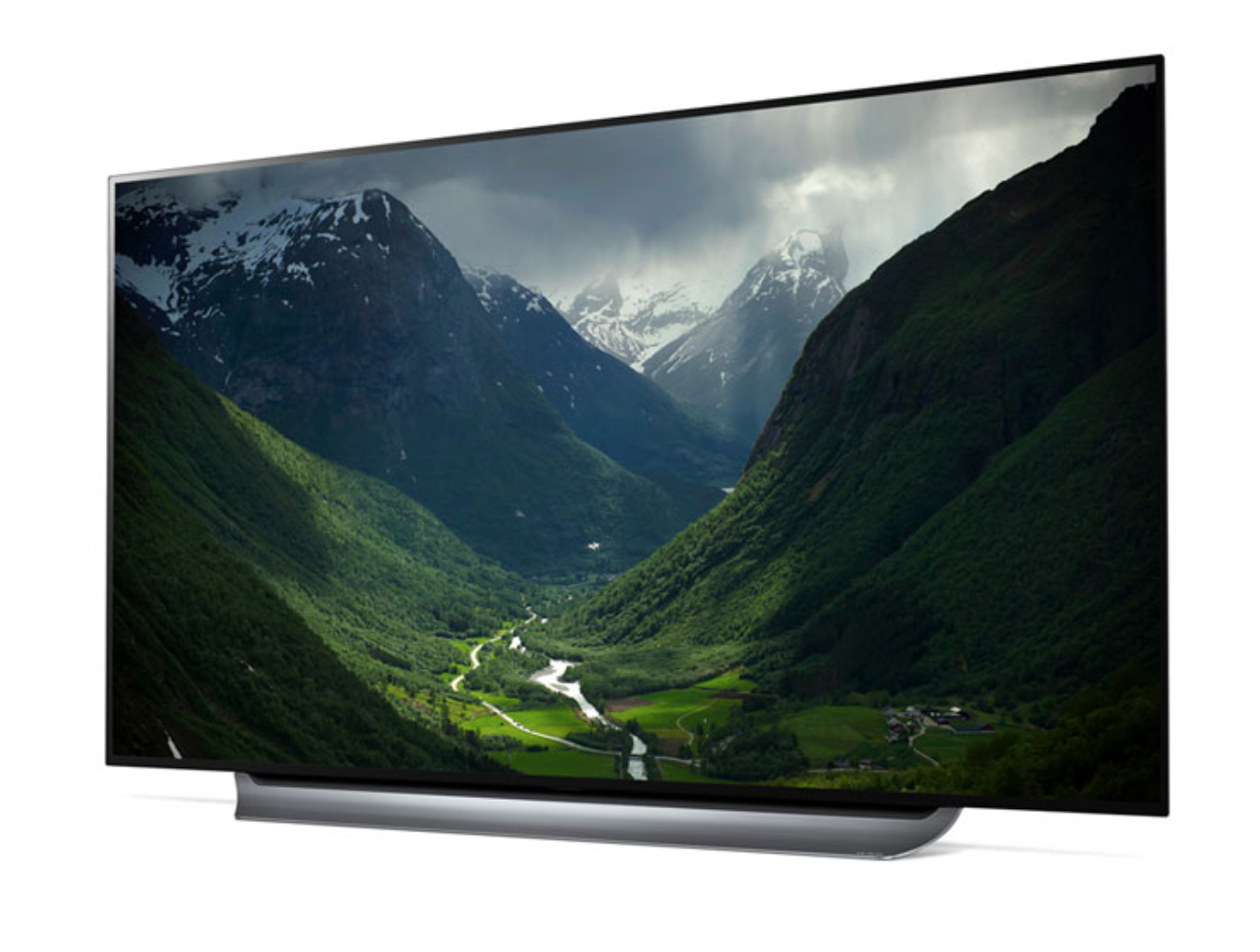
Samsung French Door Refrigerator
Allegations: Marketing products as reliable when their ice makers and dispensers become unusable due to a defect
August 2015: This case was voluntarily dismissed When a complaint is dismissed with prejudice, it cannot be refiled. after it was transferred to a judge hearing a related case (Case No 14-cv-1676) and that case was voluntarily dismissed.
March 2014: A class-action lawsuit was filed against Samsung for allegedly misleadingly advertising the battery life of its Galaxy S4 smartphone. Among other things, plaintiffs claim that the company represents that the battery is capable of 69 hours of music play time, 11 hours of video play time, 17 hours of talk time, 8-10 hours of internet use time, and 300-350 hours of battery standby time when these numbers were actually obtained under laboratory conditions and do not represent the battery life under real world conditions. (Nelson et al v. Samsung Electronics Company, Ltd. and Samsung Telecommunications America, LLC, Case No. 14-cv-01946, N. D. IL.).
For more information about other class-action lawsuits regarding the Galaxy S4 smartphone and TINA.org’s coverage of the product, click here.
For more information about other class-action lawsuits filed against Samsung and TINA.org’s coverage of the company, click here.
Allegations: Marketing products as reliable when their ice makers and dispensers become unusable due to a defect
Allegations: Falsely advertising discounts off of artificially inflated regular prices and as available for a limited time
Allegations: Failing to disclose that oven knobs can be activated by accidental contact due to a defect
Allegations: Misrepresenting that the website does not collect data from visitors who disable tracking cookies or disclose their data to third parties
Allegations: Falsely marketing that televisions have features that they do not have
Allegations: Failing to disclose that appliances emit pollutants that are harmful to people
Allegations: Misleadingly marketing that smartphones of 128 GB of storage
Allegations: Misleadingly marketing the smartphone as durable
Allegations: Representing that it safeguards consumers’ personal data when such claims are not true
Allegations: Falsely marketing that the refresh rate (also known as the “Motion Rate”) of televisions is 120 Hz when the actual refresh rate is 60 Hz
Allegations: Misleading water-resistant claims
Allegations: Misleadingly marketing devices as having “supreme flexibility” when they don’t work as advertised
Allegations: Falsely marketing appliances as “fingerprint resistant” and failing to disclose that “black stainless steel” is actually regular stainless steel with a black coating that flakes and peels off
Allegations: Falsely representing the speed and storage capacity of Samsung Galaxy S4 smartphones
Allegations: Misleadingly advertising the black stainless steel finish on appliances as durable when the finish is a thin plastic coating that is prone to peel, chip and flake
See how you stack up.
Conditions about conditions.
Why the FTC should consider virtual influencers as it reviews its Endorsement Guides.
Big picture: Expert endorsements can be misleading.
These brand-relationship disclosures are far from world-class.
